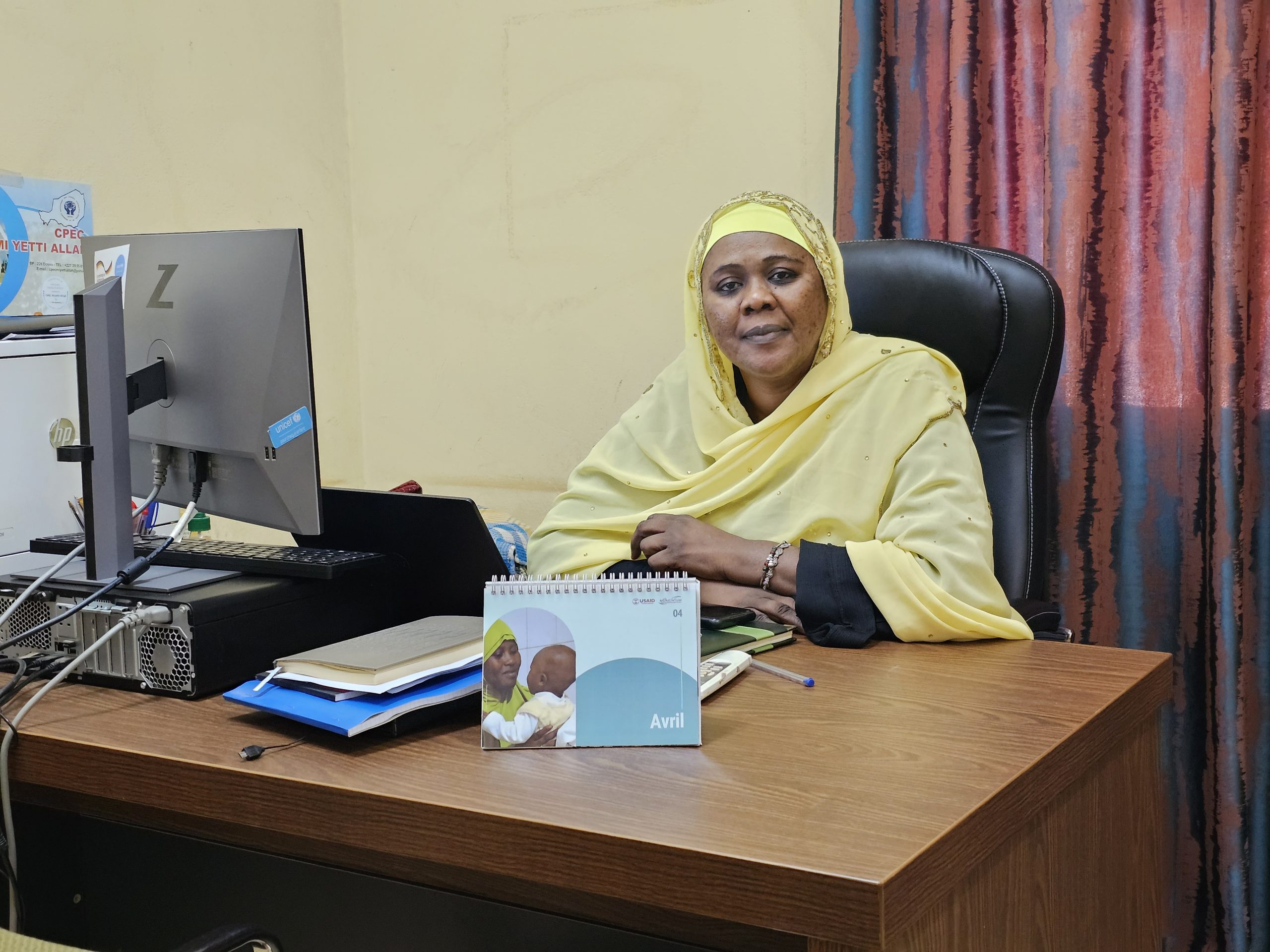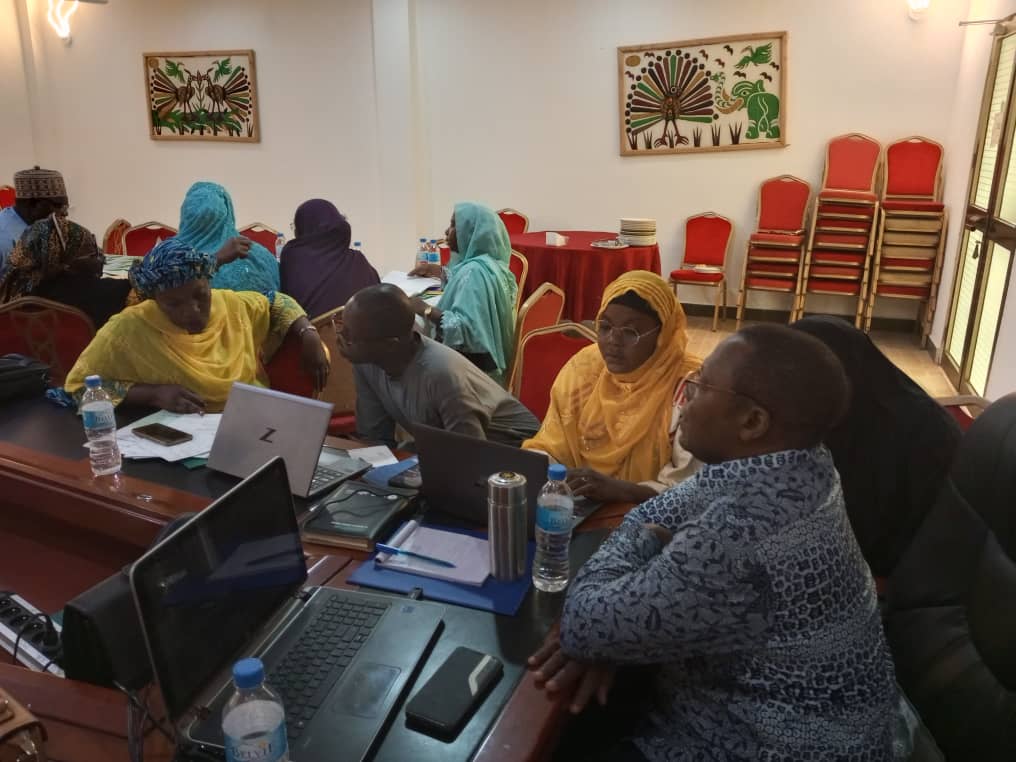Learning through South-South Exchanges
Published on August 27, 2024
By Demba Traoré, Technical Director, MOMENTUM Integrated Health Resilience, Mali; AMADOU TIDJANI, Child Health and Immunization Advisor, MOMENTUM Integrated Health Resilience, Niger; and Hadjara Laouali Balla, Communications and Knowledge Management Advisor, MOMENTUM Integrated Health Resilience, Niger
Sub-Saharan Africa continues to have the highest child mortality rate in the world—73 deaths per 1,000 live births. According to UNICEF, children in this region are 14 times more likely to die before age five than those in developed regions. In Niger in particular, despite strides in reducing child mortality, the current under-five mortality rate is still among the highest globally at 115 deaths per 1,000 live births.[1] Sadly and unacceptably, most of these deaths are from preventable causes.

As in many sub-Saharan countries, Niger has not yet rolled out pediatric death audits (PDAs), which serve to continually examine the quality of child health care and the factors that contribute to deaths. Understanding the circumstances and spectrum of factors that lead to a child’s death could prevent deaths from the same causes, as well as disabilities and other poor health outcomes.
In neighboring Mali, however, MOMENTUM Integrated Health Resilience had already provided technical and financial support for the country to roll out PDAs in April 2022. Considering this, MOMENTUM helped facilitate a technical exchange between colleagues in Mali and Niger to help both countries to learn from each other and speed up the PDA rollout in Niger. In early 2024, two health professionals from Niger traveled with MOMENTUM support to Bamako, Mali’s capital. There they met with several peers, including professional association members, referral hospital practitioners, and staff from the National Office of Reproductive Health, who have been involved in different steps of PDA rollout.
The main objective of the technical exchange was to strengthen the collaboration between the technical services of the respective ministries of health and MOMENTUM on the process of adapting and adopting the World Health Organization’s PDA guidelines. Such exchanges across countries are integral to MOMENTUM’s mission. The sharing of good practices and experiences between countries on such high-impact interventions helps to ensure that learning gets disseminated and implemented as relevant to similar contexts and situations.
“What impressed me most during this trip was the digitalization of the PDA process in Mali. This new way of doing things may well facilitate data monitoring and response and provide a solution to the recurring problems of paper running out and photocopying delays,” said Dr. Hannatou Abbary, head of child and neonatal division within the Niger Ministry of Health (MOH). “The lessons learned from Mali will help us a great deal in implementing PDA in Niger, as we have the same context and the same problems. We are already going to set up a consultation framework with the MOMENTUM Mali and Niger teams to facilitate PDA.” The digitization process is currently being pilot tested in Mali to make the audit process and its monitoring easier.

At the end of the exchange, Niger MOH officials created a roadmap to roll out PDA in Niger that leveraged Mali’s experiences. This included recording the outcomes of the exchange, validating PDA tools, and training the tools’ users and trainers.
Over the summer, the Niger MOH’s central and regional managers conducted a workshop to review and adapt the PDA tools, followed by a training of trainers on the PDA guide.
“This technical exchange between the two countries has been a catalyzer of PDA rollout in Niger by meaningfully leveraging the experience of Mali,” said Dr. Boureima Dourhamane, a pediatrician in Niger’s Tahoua region, after the workshop.
“I was touched by the warm welcome and openness of the MOMENTUM Integrated Health Resilience staff and those of the Ministry of Health of the Republic of Mali,” reflected Hannatou. “We’ll continue our exchanges on other themes to strengthen our relations and knowledge. In the long term, we plan to carry out a pilot test of this approach in the MOMENTUM intervention zones and, depending on the results, we will consider the nationalization of the approach.”

Such exchanges facilitated by MOMENTUM should serve as a catalyst for ongoing cross-country sharing of experiences and expertise, leading ultimately to fewer preventable child deaths in sub-Saharan Africa. These exchanges are part of a larger MOMENTUM strategy to facilitate more local leadership and cross-country learning.

